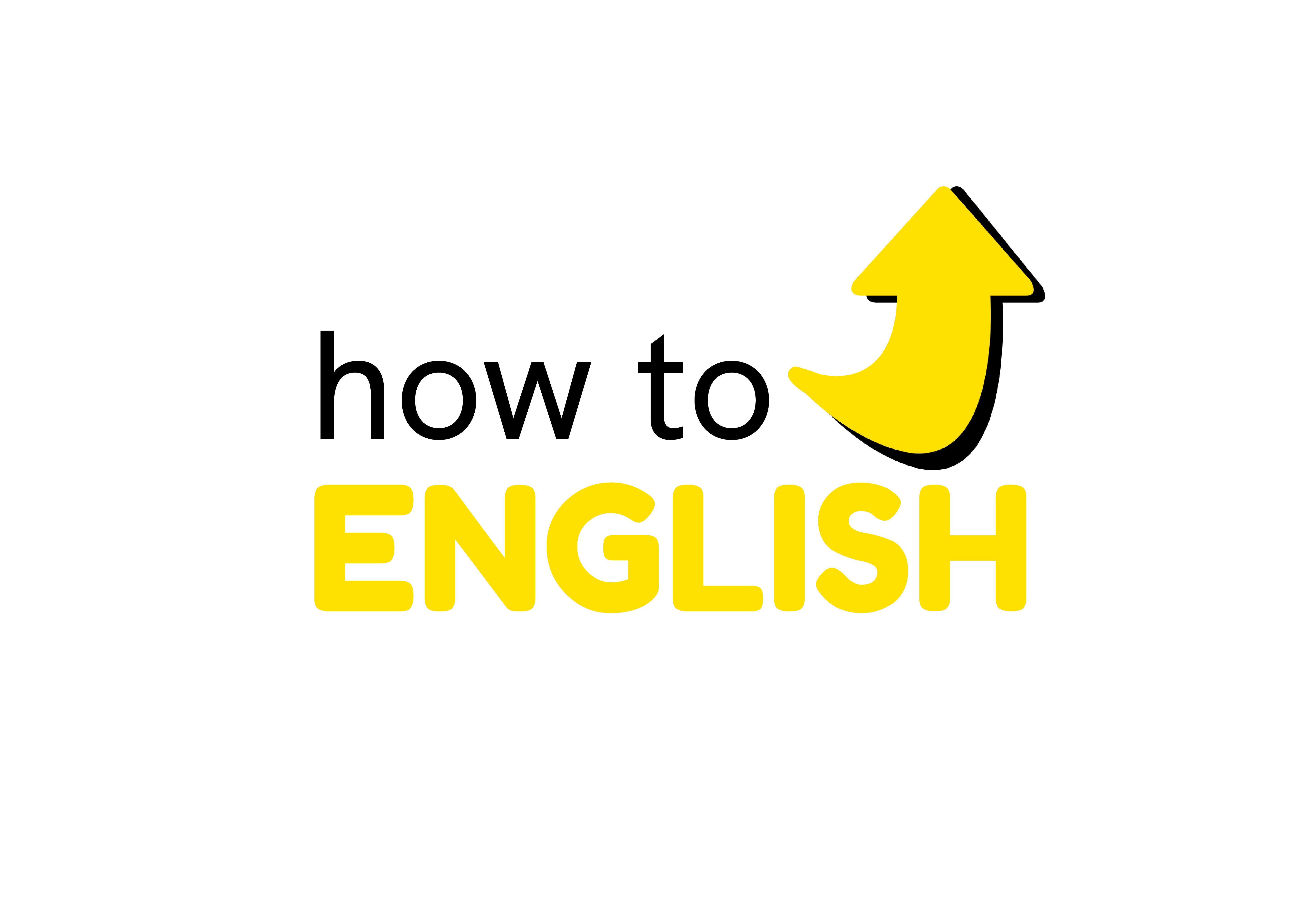Welcome to episode #020 of The Broughton English Show!
Today I give you one of THE best practice exercises you can do to improve all aspects of your English, and if you do this regularly, you WILL move up a level. I’m talking about our good friends the auxiliary verbs!
When you master auxiliary verbs, everything else in English becomes easy.
Are they difficult to use in the beginning? Yes.
Does it require effort to use them well? Yes.
But remember, easy will get you nowhere!
Take the challenge of learning things that seem difficult and everything else suddenly seems not so difficult.
Enjoy!
Get Your Free Speaking and Listening Courses Here
[thrive_leads id=’1049′]
Show Notes
To use auxiliary verbs to agree with a person affirmatively, we use the structure so + aux + subject
To use auxiliary verbs to agree with a person negatively, we use the structure neither + aux + subject
To use auxiliary verbs to disagree with a person, we use subject + aux (+ or -)
To show interest or surprise, we use aux (+ or -) + subject
The examples I give in the episode are shown below, with the corresponding response for each. Create your own sentences and practise them regularly until it takes you less than one second to respond correctly. After a week, change the sentences and practise again. Eventually, you will become awesome!
- I live in Madrid
So do I.
I don’t.
Do you?
- I’ve been to Thailand.
So have I.
I haven’t.
Have you?
- I don’t like dogs.
Neither do I.
I do.
Don’t you?
- I can speak three languages.
So can I.
I can’t.
Can you?
- I’ve never been to Austria.
Neither have I.
I have.
Haven’t you?
- I’m learning to play the piano.
So am I.
I’m not.
Are you?
- I’ll probably go out next weekend.
So will I.
I won’t.
Will you?

For sure I like this kind of English, I have never seen it before
Mention it